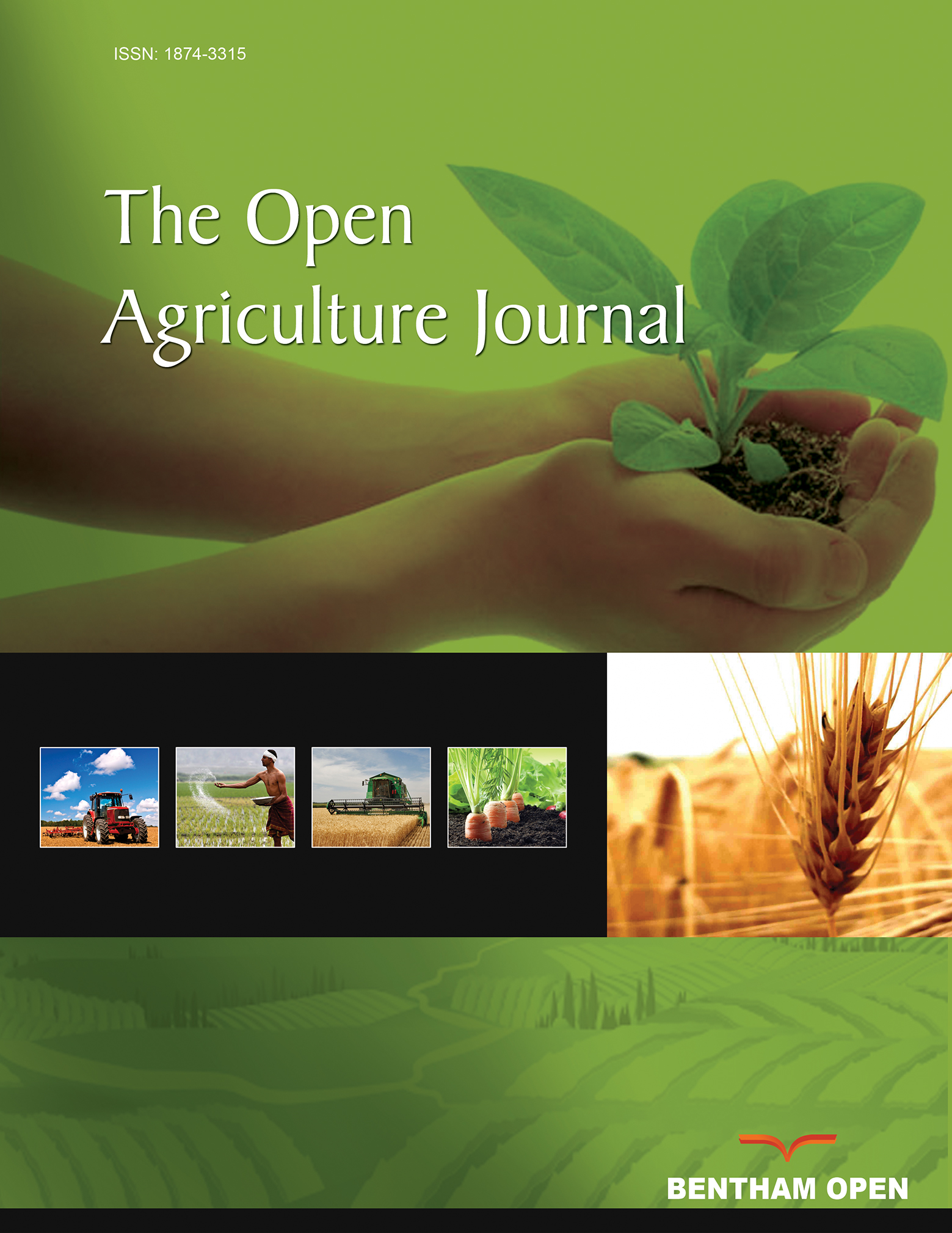All published articles of this journal are available on ScienceDirect.
Assessing the Impact of Rice Sector Policy Reforms on the Income Mobility of Rural Households in Nigeria
Abstract
Introduction:
The Nigerian government recently introduced a number of policy initiatives under its Agricultural Transformation Agenda to address the issue of over-dependency of the economy on imported rice and achieve the government’s goal of rice self-sufficiency. This paper provides an empirical assessment of the potential impact of the rice policy reforms on income mobility of households in Nigeria.
Statement of the problem:
Nigeria’s rice production has been primarily undertaken by small-scale farmers and is characterized by low productivity owing to inefficient production systems and the country’s aging farming population. The study probes into the potential of the new policy on rice production to produce considerable employment gains for rural households in Nigeria given that local rice production will displace imported rice.
Methodology:
The study employed a static Computable General Equilibrium (CGE) framework to investigate the potential additional income benefits or losses for Nigerian households stemming from the government’s current initiative of increased domestic rice production.
Results:
The findings reveal that the implementation of the new policy on domestic rice production will produce considerable employment gains for all households and for most sectors of the economy. The policy will also result in an overall income gain for both rural and urban households, although these gains will be larger for rural households.
Conclusion:
The study adds to the literature by quantifying on sectoral basis, the potential income and employment gains or losses that will stem from the implementation of the rice policy reforms.


